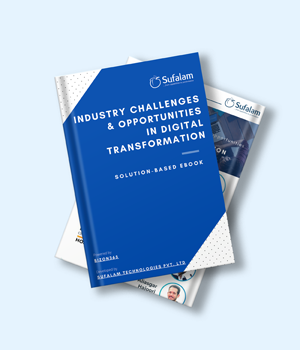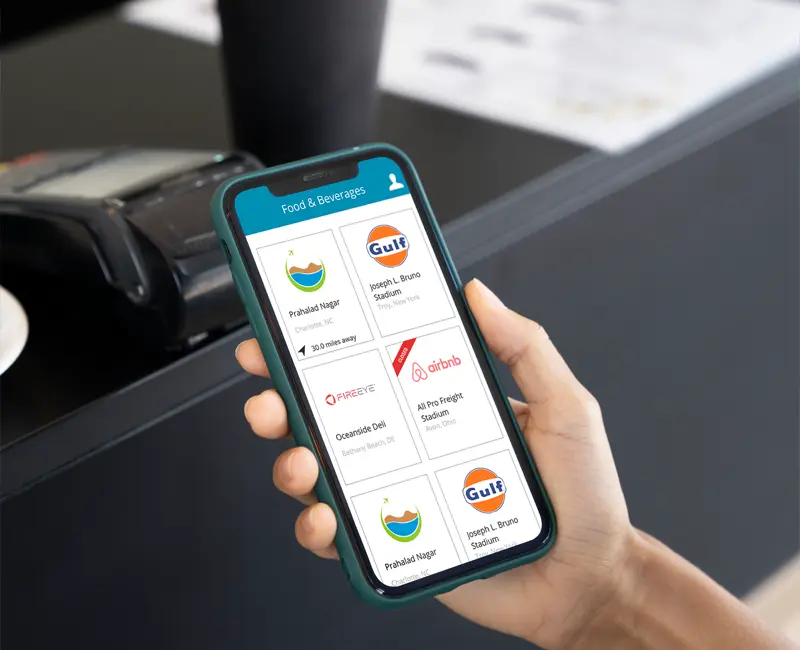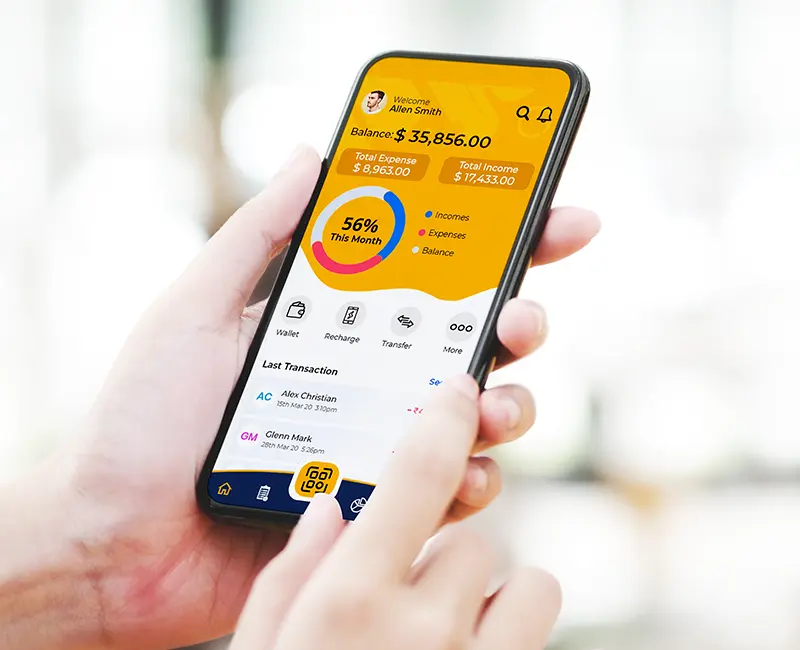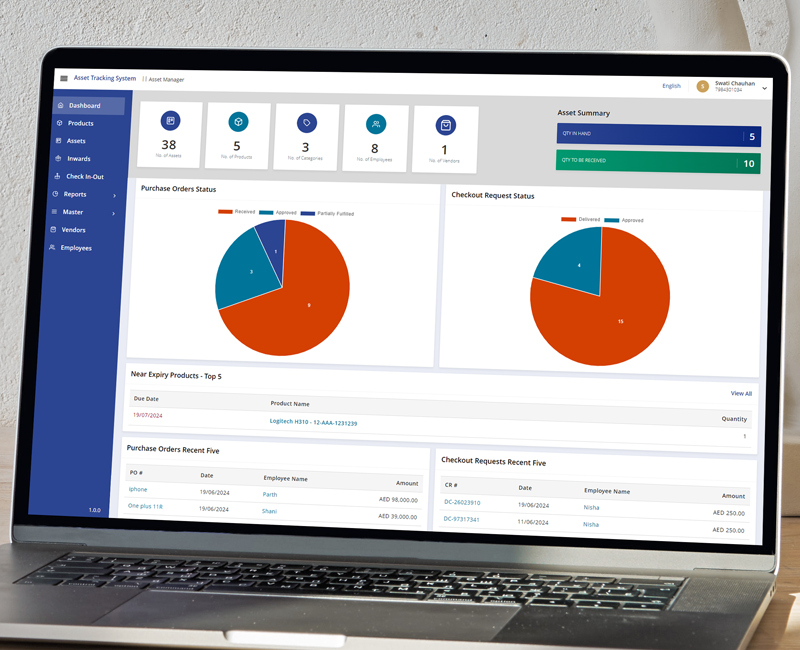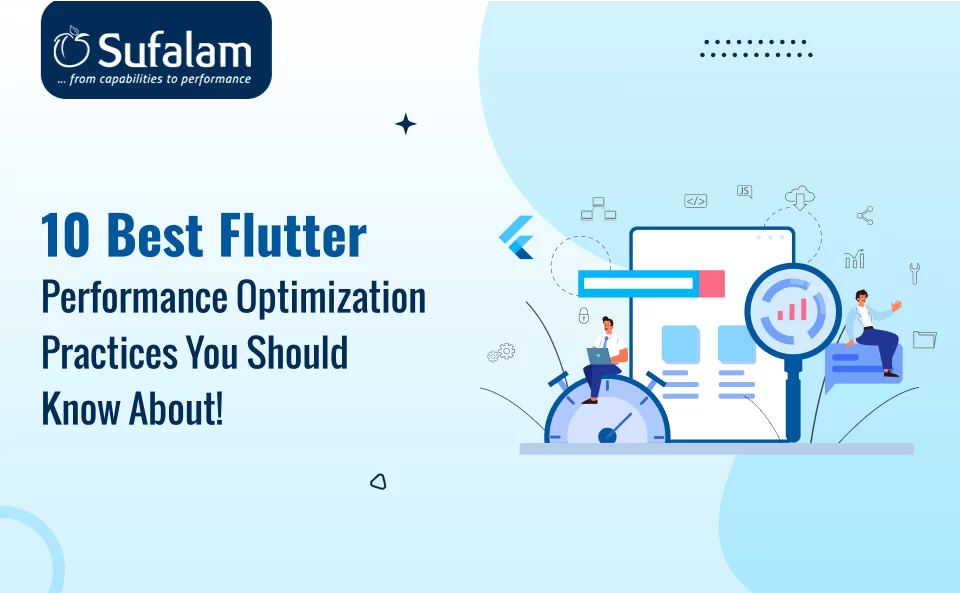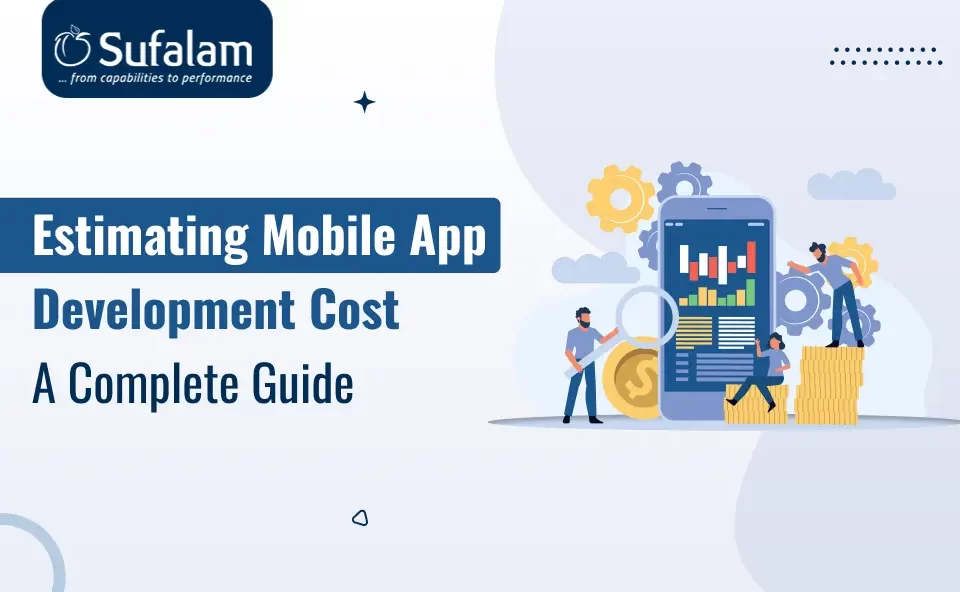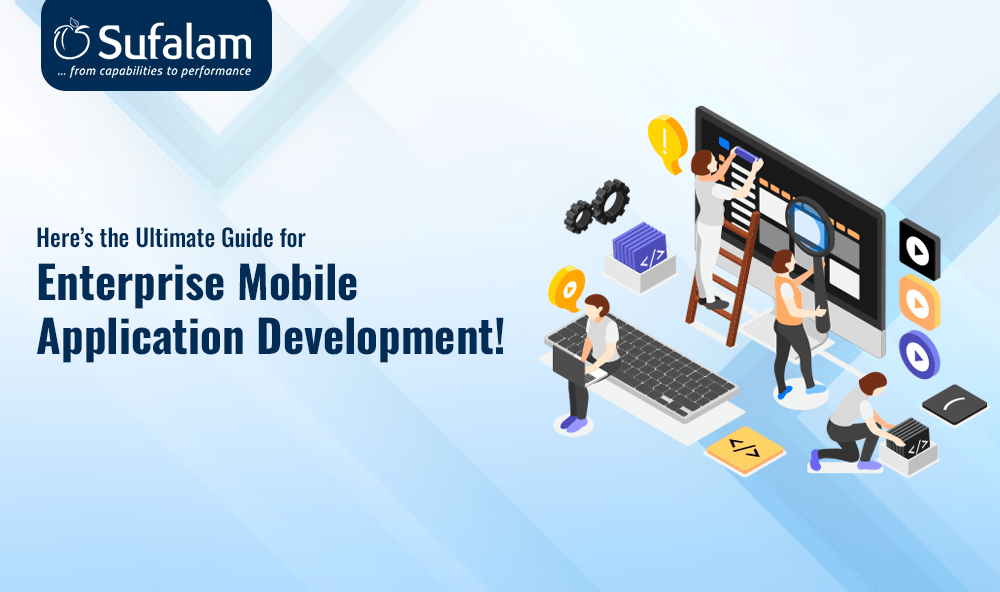
As a startup or small business, streamlining your daily procedures may be among the last thoughts on your mind. In addition, you have others to handle that. However, as your company grows over time, you'll need more coordination and a larger workforce, and managing all of it manually is (way too) tough.
Large companies manage many tasks concurrently and adhere to a rigid schedule. Every day they search for new methods to cut costs in terms of both money and time. One method for achieving this goal is to incorporate enterprise mobile app development.
The market for mobile enterprise apps is anticipated to reach $268.14 billion by 2030, with a compound annual growth rate (CAGR) of 15.2% between 2021 and 2030. Every year, the number increases as more businesses implement new software.
However, this isn’t a simple task. It requires extensive planning to build a scalable, secure, and flexible application. So, if you are looking for a comprehensive guide on how to develop an enterprise mobile app, its features, and types of enterprise apps, then this blog is for you.
Let’s dig down!
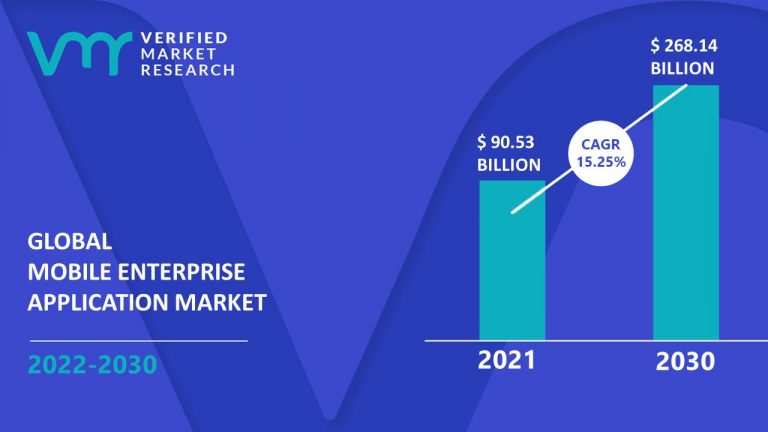
Source: verifiedmarketresearch
What is enterprise mobile application development?
The development of applications for enterprise-sized businesses that are specifically tailored to their business needs is referred to as "enterprise mobile applications."
In contrast to regular applications, the client base for enterprise mobile application development is restricted to employees and employers.
Unlike typical mobile apps, which are made for individual users, enterprise apps consider and address the entire organization's needs. Their purpose is to facilitate easy communication between clients, staff, and partners.
The main goals vary depending on the business objectives, but some common ones include increasing employee productivity, protecting company data, enhancing internal communication and collaboration, streamlining company operations, and so on.
Customer relationship management software, such as Salesforce CRM, HubSpot CRM, and others, are a few instances of enterprise applications.
To know more about the process of enterprise mobile app development, keep reading!
Types of Enterprise Applications
Enterprise applications can be broadly classified into three categories based on an organization's needs.
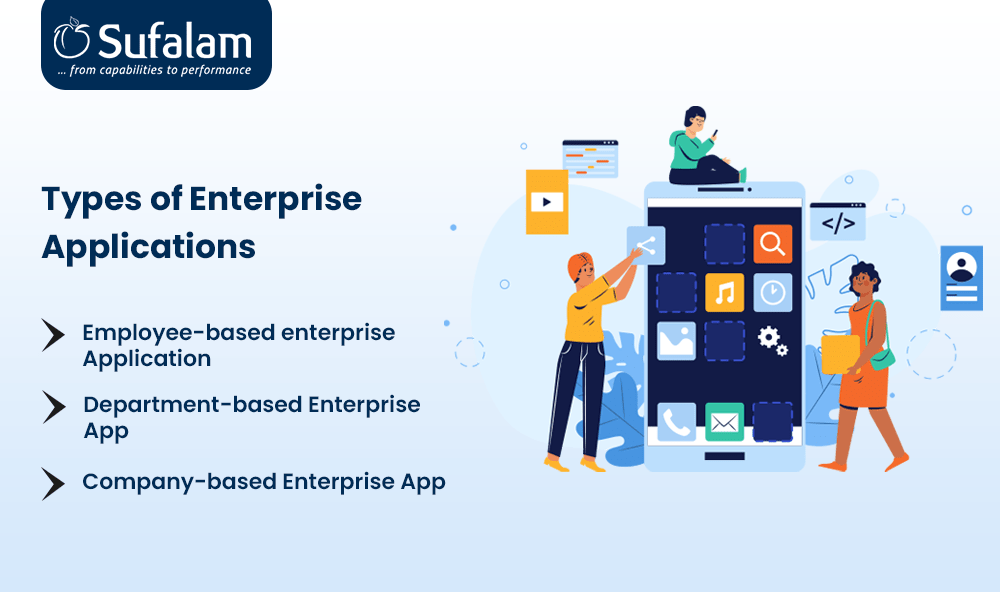
Employee-based enterprise Application
This is the fundamental requirement for an organization to properly manage workflow and manage employee communication.
Although this kind of program is more simplistic, it aids managers and team leaders in efficiently managing the daily responsibilities of each employee. It promotes improved team communication and keeps the managers or leads updated about the daily tasks, monthly performance, project status, and other things.
Department-based Enterprise App
Another type of enterprise mobile app that can assist businesses is a department-based enterprise app. It helps streamline and automate the operational processes of a specific department rather than individuals. An HR app, for example, could be used to optimize HR department procedures, and a sales and marketing app could be used to organize a specific company's marketing and sales efforts.
Company-based Enterprise App
Company-level apps interact with all of a company's departments and employees. A full-fledged company-level app has many special features, so developing one takes a lot of work.
This type of app will allow for improved communication among employees as well as access to internal information or files, based on the access level. For example, an instant messaging app that allows staff members to talk with the CEO or staff members from different departments within the same organization.
Why do you need an enterprise mobile application development? Explaining the features!
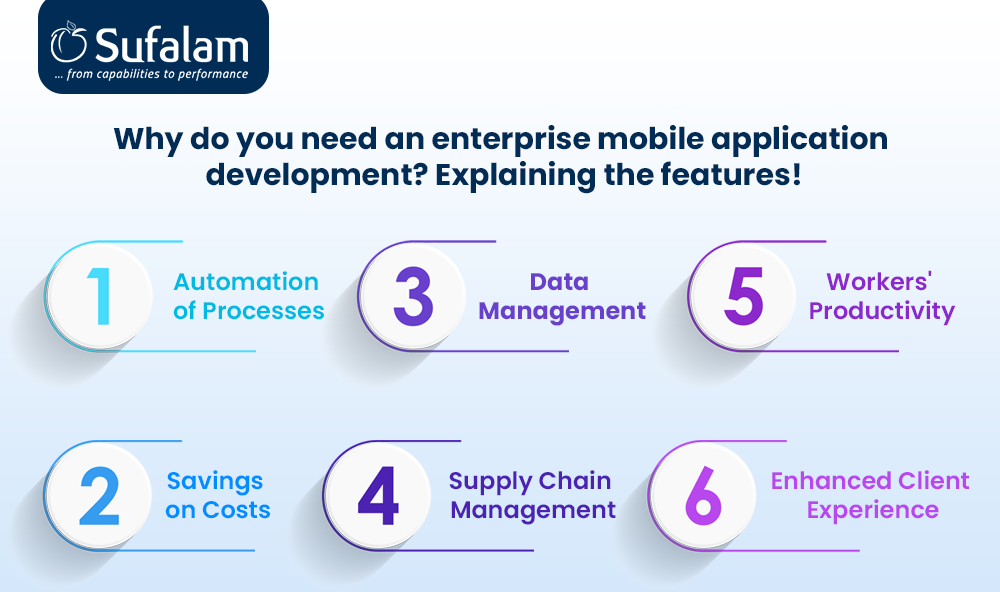
Automation of Processes: Enterprise mobile apps offer a rapid solution to optimize business efficiency by automating and improving internal processes. Any business can improve operational efficiency by utilizing apps made expressly to handle workflow.
Data management: You can manage, move, and organize data at scale with the help of an enterprise app. With the software, you can process and analyze data to enhance decision-making and productivity in areas ranging from supply chains and financial projections to product development and marketing.
Workers' Productivity: Utilizing an enterprise app, you can unite your whole team on a single platform. You can track employee progress, receive updates, share feedback statements, and share files with others for easier team collaboration, increased output, and better teamwork with the help of the enterprise mobile apps.
Savings on Costs: Lower the expense of using enterprise apps compared to other traditional methods that involve manual labor. Establishing well-structured internal operations can result in significant time, cost, and effort savings.
Supply chain management: The right goods or services, in the right amount, at the right time, are delivered to their destination thanks to supply chain management. To effectively handle the flow of information and goods, an enterprise app can offer real-time data and analytics.
Enhanced Client Experience: Companies in all sectors can improve customer satisfaction by offering quick access to product details, simple ordering, and timely assistance. It can enhance loyalty and foster closer ties with customers.
The Guide you need for enterprise mobile app development!
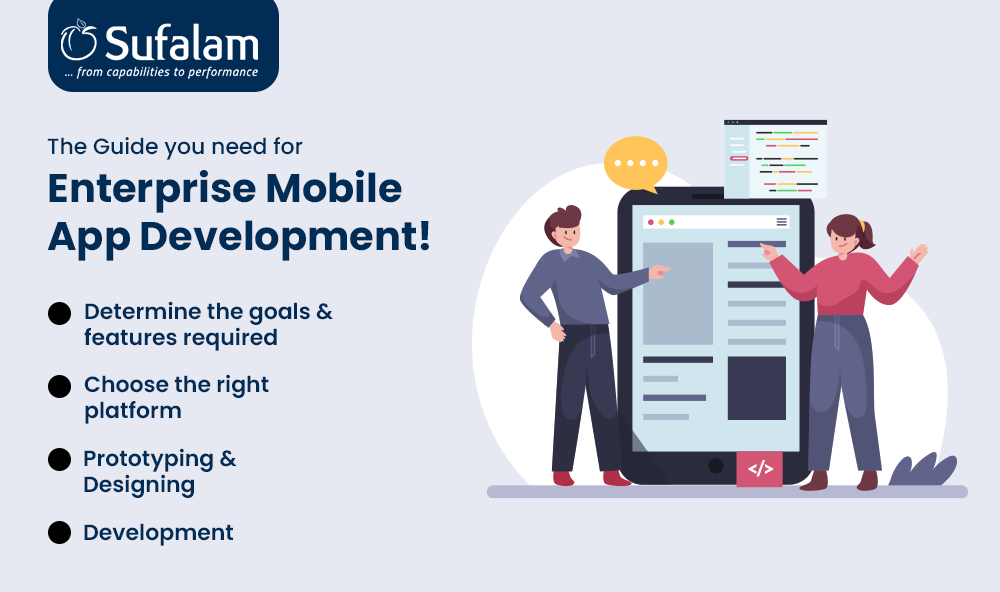
Determine the goals & features required
The first step in developing a fantastic enterprise app for your unique business is identifying your company and outlining the features you must have in order to meet your objectives. Maintaining project focus on the intended goals is essential to the success of your business.
Take some time to carefully lay out your objectives. Once you have a clear understanding of your objectives, you can list the features your software needs in accordance with the objectives you have set for your company.
Choose the right platform
You'll need to reassess the goals of your business for this step. Think about your intended audience and the preferred mobile platform that they utilize. Are they Android or iPhone users? You can prioritize one platform over another or create cross-platform applications.
Choose the best enterprise mobile app architecture for your app after deciding on the platform to ensure a secure and scalable solution. For your company, selecting the best and most scalable mobile app development platform will guarantee the best and most satisfying outcomes.
Prototyping & Designing
As soon as you are aware of what you will create, we start the design phase. In the process of developing any software, design is essential.
Currently, enterprise app developers and designers work closely together to develop an MVP for testing out features and create wireframes and prototypes of your software application to help understand its structure. UI/UX designers will work and demonstrate the functionality and appearance of the user experience.
Development
It's time to get into the code after the design stage is finished! Two levels are involved in product development:
- Front-end development: Front-end development is the part of the app where the user interacts with it. There are many systems, such as Java, and Kotlin are utilized for creating the front-end of enterprise mobile apps.
- Back-end development: The back-end is where your app's data is stored and all of its other behind-the-scenes operations take place. The back end is inaccessible to the user. It's handled by your tech staff.
If you are looking for professional guidance when it comes to choosing the right platform, designing, development or even testing, you can reach out to the leading mobile app development company. They are skilled professionals, who understand your custom needs and offer solutions accordingly.
Deployment & Maintenance
Once your enterprise mobile app has been thoroughly tested, it is made available for use within the organization. This indicates that all servers are up and running, allowing users to test the software at work. To guarantee that your staff has easy access, this step involves submitting the solution to Play Market or the App Store.
However, your job doesn't end with the deployment. Your infrastructure and software cannot function independently. You must also continuously work to maintain and support it. To make sure everything functions properly and can keep up with the increasing demand, they need to be constantly checked for bugs, glitches, and updates.
Bottom Line
An enterprise mobile application development can lower costs, increase profitability, and help your company stay one step ahead of the competition.
Although developing enterprise applications will present challenges, the solution provides numerous benefits that will make the effort worthwhile. Furthermore, proper planning can make the journey go much more smoothly.
More significantly, collaborating with the appropriate team can help ensure an enterprise app development that is both successful and generally stress-free. If you need help finding the right one, get in touch with Sufalam Technologies - the leading mobile and web app development company. Our team of experts is waiting to hear from you and assist you in the best possible manner.
To get started, book a free consultation call right away with our enterprise app developers and we are glad to assist you.
Frequently Asked Questions
What is the price of developing an enterprise mobile app?
Cleveroad reports that the average cost to develop a mobile enterprise app is $50k for simple apps. For more sophisticated models with cutting-edge features and capabilities, it can cost around $500,000 or more.
How can you secure your business mobile app development?
Implementing strong authentication and authorization procedures along with extensive data encryption is a good place to start when it comes to securing your enterprise mobile app. Additionally, perform safety checks, update the app frequently, and inform users of best practices.

